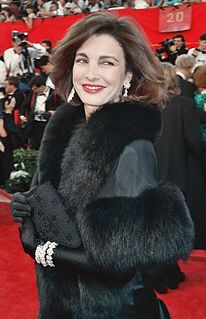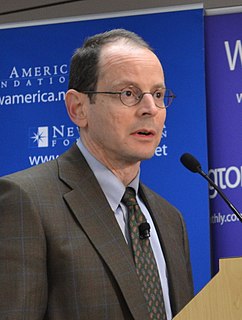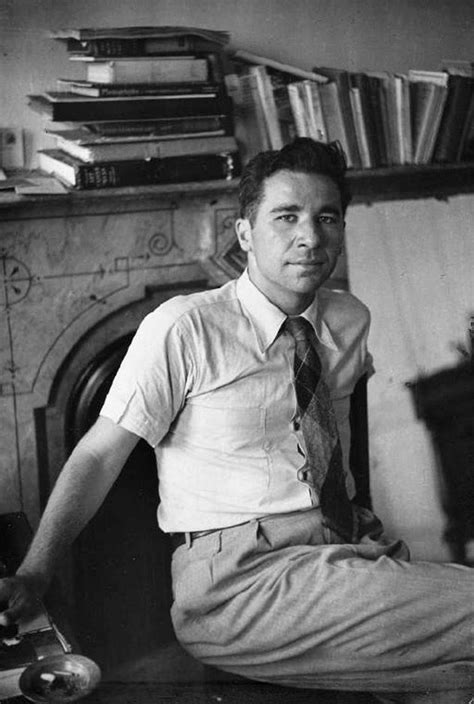A Quote by E. L. Doctorow
My theory about why Hemingway killed himself is that he heard his own voice; that he reached the point where he couldn't write without feeling he was repeating himself. That's the worst thing that can happen to a writer.
Related Quotes
Like Hemingway and Faulkner, but in an entirely different mode, Fitzgerald had that singular quality without which a writer is not really a writer at all, and that is a voice, a distinct and identifiable voice. This is really not the same thing as a style; a style can be emulated, a voice cannot, and the witty, rueful, elegaic voice gives his work its bright authenticity.
You know, I always say musicians, they can do it on their own. They can practice their violin on their own. A painter can paint by himself. A writer can write by himself. But an actor needs a group, and the hardest thing about expanding your ability and your craft is to have a group to do it with that is of a caliber where you can grow even more.
Sometimes he caught himself listening to the sound of his own voice. He thought that in her eyes he would ascent to an angelical stature; and, as he attached the fervent nature of his companion more and more closely to him, he heard the strange impersonal voice which he recognised as his own, insisting on the soul's incurable lonliness. We cannot give ourselves, it said: we are our own.
The feeling of patriotism - It is an immoral feeling because, instead of confessing himself a son of God . . . or even a free man guided by his own reason, each man under the influence of patriotism confesses himself the son of his fatherland and the slave of his government, and commits actions contrary to his reason and conscience.
A man who finds himself among others is irritated because he does not know why he is not one of the others. In bed next to a girl he loves, he forgets that he does not know why he is himself instead of the body he touches. Without knowing it, he suffers from the mental darkness that keeps him from screaming that he himself is the girl who forgets his presence while shuddering in his arms.
If the artist does not fling himself, without reflecting, into his work, as Curtis flung himself into the yawning gulf, as the soldier flings himself into the enemy's trenches, and if, once in this crater, he does not work like a miner on whom the walls of his gallery have fallen in; if he contemplates difficulties instead of overcoming them one by one ... he is simply looking on at the suicide of his own talent.
However tiresome to others, the most indefatigable orator is never tedious to himself. The sound of his own voice never loses its harmony to his own ear; and among the delusions, which self-love is ever assiduous in attempting to pass upon virtue, he fancies himself to be sounding the sweetest tones







































